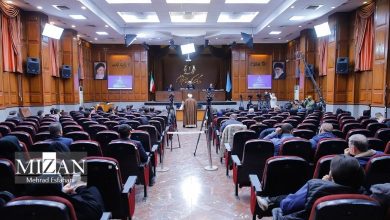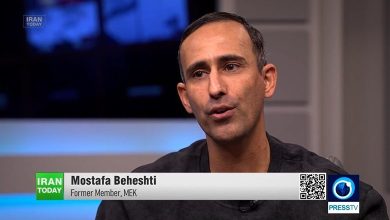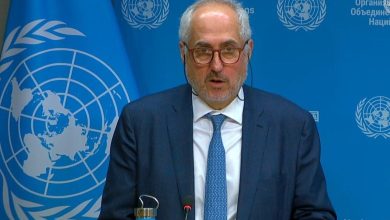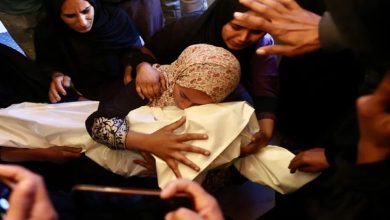UK rejects asylum applications of 2,000 Afghan commandos
Association for Defending Victims of Terrorism - The UK Ministry of Defence has confirmed for the first time that the country's Special Forces Command had rejected the applications of more than 2,000 Afghan commandos despite valid documents of their cooperation with the command's units.

According to the BBC, it appears that officers at the British Special Forces Command rejected all the applications of Afghan commandos that were referred to them. The UK Ministry of Defence had previously said that there was no uniform policy for rejecting these Afghan commandos, but the BBC has found no evidence that the Special Forces Command had approved even a single application.
The previous British government had rejected the applications of all 2,022 elite Afghan forces, known as the “three numbers”. These troops are members of the Afghan Special Forces CF 333 and ATF 444, known as the “Three-Number” units, who were put in extreme danger after the Taliban’s victory because they fought alongside British forces in the war against the Taliban.
The story of these soldiers came to the fore in February 2024 and later, when the BBC’s Panorama investigative program revealed the issue of the rejection of Afghan commandos’ applications to enter British soil. These Afghan commandos had fought shoulder to shoulder with British special forces inside Afghanistan against security threats, and the rejection of their visa applications after the Taliban regained power in Kabul was seen as a betrayal of the British army.
The Three-Number Afghan Special Forces units were set up with British financial and training support.
The rejection of these commandos’ applications became controversial at a time when an investigation was underway in the UK to investigate allegations of war crimes committed by British special forces in Afghanistan. The investigators of these investigations can use the testimony of those who are in the UK in their investigations, but they cannot take testimony from non-British people who are not on British soil. If the Afghan “number three” commandos enter British soil, they could potentially provide significant testimony for these investigations.
The British government, which had initially denied the existence of a veto right and the BBC Panorama report, admitted in June 2024 that the Special Forces unit had a kind of veto right during the visa and residence applications of the Afghan commandos working with the army, by providing expert advice to the relevant institutions.
Such a situation shows that governments outside the Asian region have used the two streams of terrorism and counter-terrorism to achieve their own interests, and in the end it is the people of the region who suffer a lot from all sides.





